
This three-year partnership will explore and identify new tools and methods to modify and optimize the Chinese hamster ovary (CHO) cell line performance.

This three-year partnership will explore and identify new tools and methods to modify and optimize the Chinese hamster ovary (CHO) cell line performance.
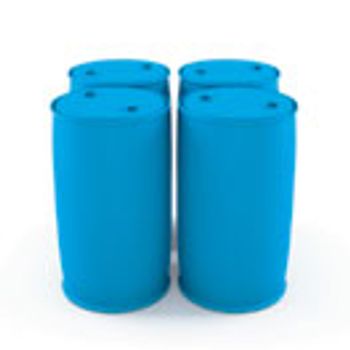
A multi-pronged approach to raw materials testing can help mitigate the risk of future contamination events.

Language surrounding regenerative medicine and the REGROW Act appeared back into the 21st Century Cures Act right before it passed. What will this mean for the controversial testing and marketing of stem-cell therapies?

UK-based Orchard Therapeutics and PharmaCell ally to support clinical trials and commercialization of Orchard’s ex-vivo gene therapies.
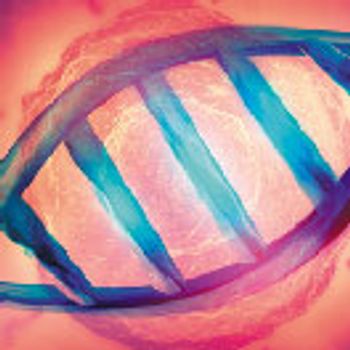
There is much work to do to achieve efficient, cost-effective production processes.
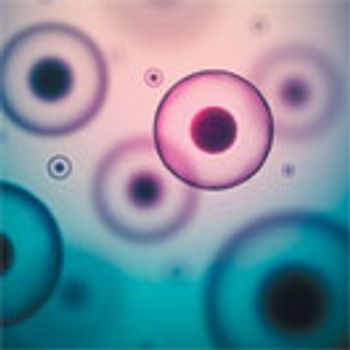
In addition to having the optimal cell line and process, it is crucial to have the optimal cell culture medium and feed to maximize performance potential.

Oxford Genetics has secured a GBP1 million capital from investment group Mercia Technologies to support its growth strategy in delivering new services for cancer-fighting gene-therapy technologies.

Horizon announces new bioproduction outlicense deal with an unnamed partner for a minimum value of £500,000.

Scientists from the Fred Hutchinson Cancer Research Center have developed a semi-automated benchtop system for the manufacture of gene therapy.
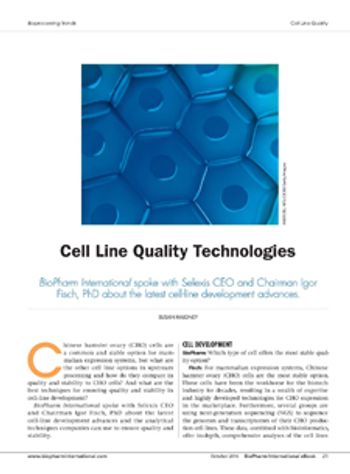
BioPharm International spoke with Selexis CEO and Chairman Igor Fisch, PhD about the latest cell-line development advances.
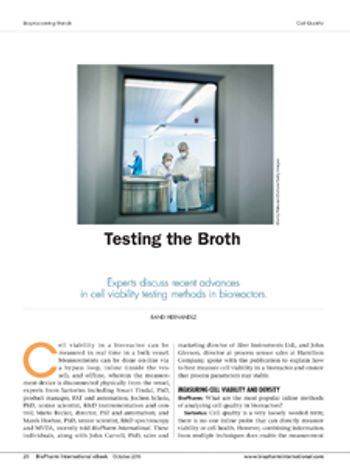
Experts discuss recent advances in cell viability testing methods in bioreactors.

WuXi AppTec’s new biomanufacturing facility is its third facility in the Philadelphia, PA Navy Yard.
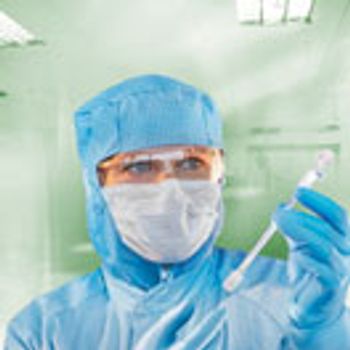
A new virus-retentive membrane may be used to filter chemical-defined cell culture media for risk mitigation.
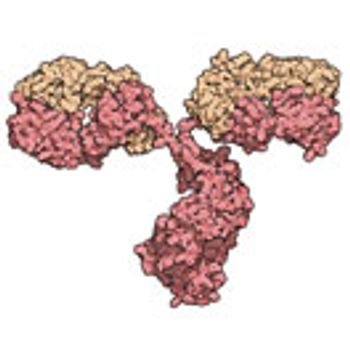
The authors outline cell-line development and process scale-up for an antibody program in which the antibody requires additional processing by a site-specific enzyme for correct functionality.

Advances in cell culture media technology have helped achieve safer biologics.

The platform combines an expression system with equipment and process controls to enable rapid development and scale-up of robust titers.
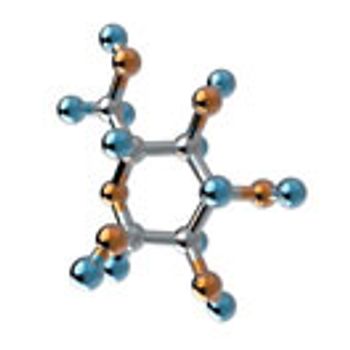
Data acquired from osmolality, glucose, and folic acid tests provides useful information for the specific identification of cell-culture media.
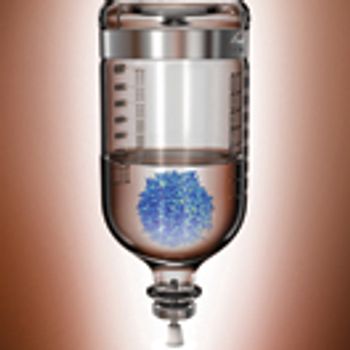
Early successes drive the need to overcome safety issues, increase efficacy, and address manufacturing challenges.

Developers of CAR-T cell therapies with products showing successful early-stage clinical results are currently seeking manufacturing capacity that will enable the production of the larger quantities of material needed for Phase III trials and eventual commercialization.

Two main safety issues have been identified in the early-phase clinical trials conducted to date for chimeric antigen receptor (CAR)-T cell therapies.

Cell therapy companies are attracting interest from investors, and drug companies are seeking partnerships and acquistions to accelerate development.

The National Institute of Health will conduct an internal review of the National Cancer Institute’s cell manufacturing facilities, which will affect multiple Kite projects.

The pharma company revealed in a fourth quarter call that it will improve its cell-culture capabilities by focusing on the use of naïve, highly proliferative cells to manufacture its CAR-T drug candidate.

The authors describe the ways in which manufacturers can mitigate the risks related to the integrity of recombinant transgenes expressed in CHO cells.
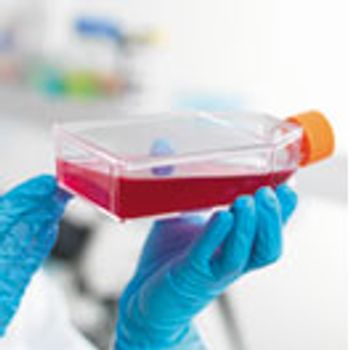
The necessity to detach cells from a culture substrate during cell harvesting remains one of the most challenging steps in a cell-culture process.